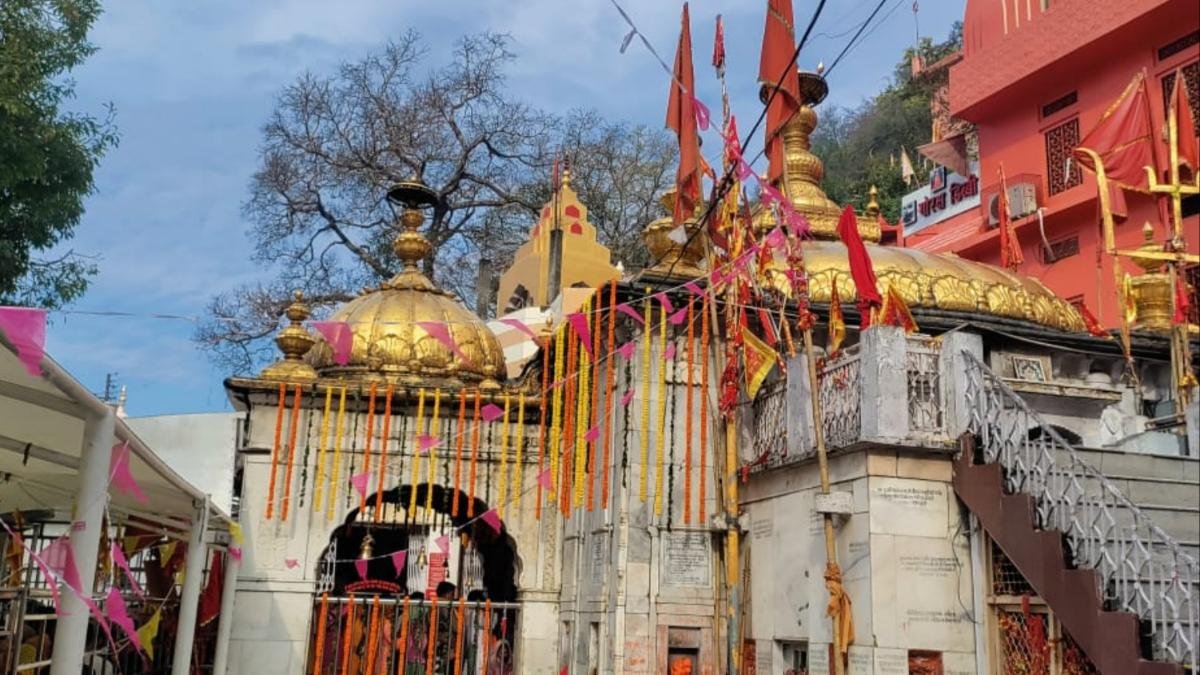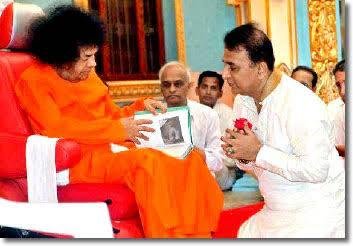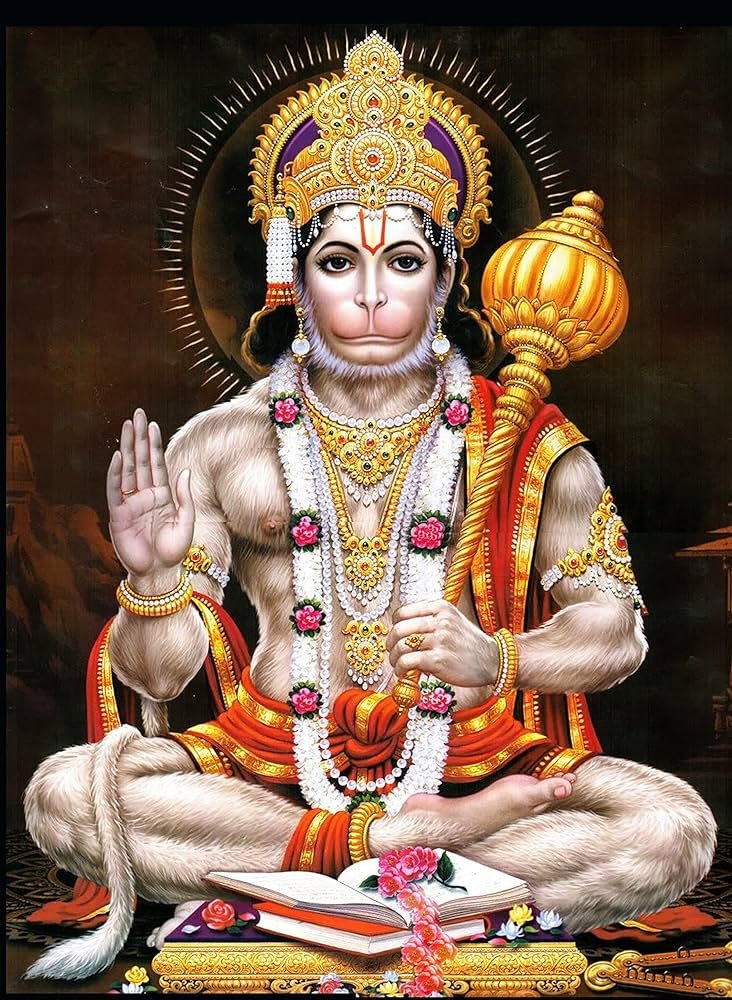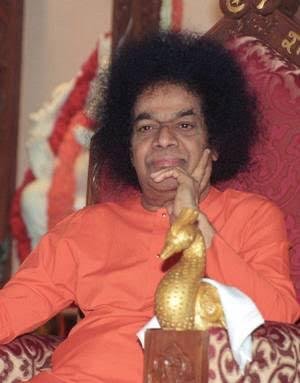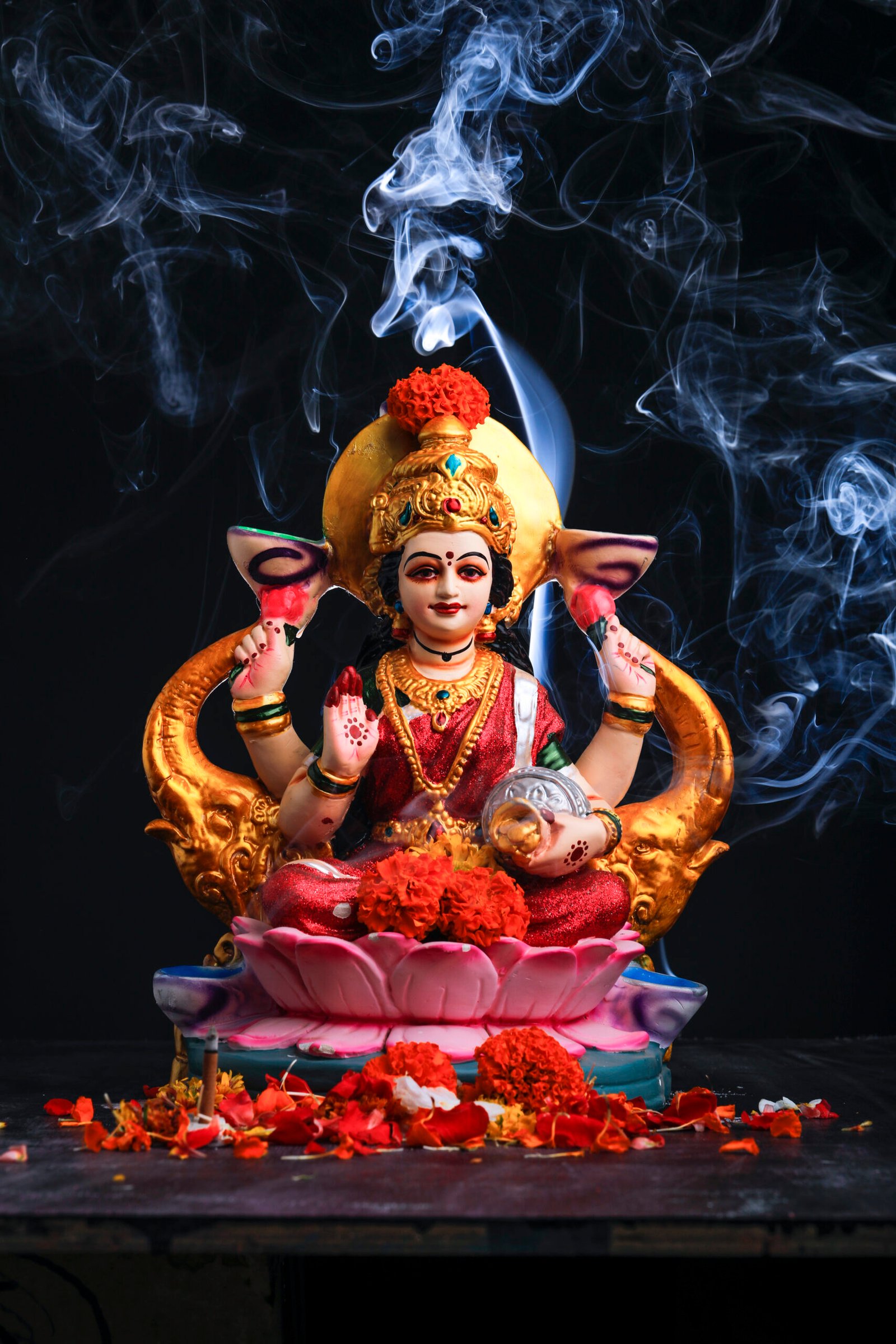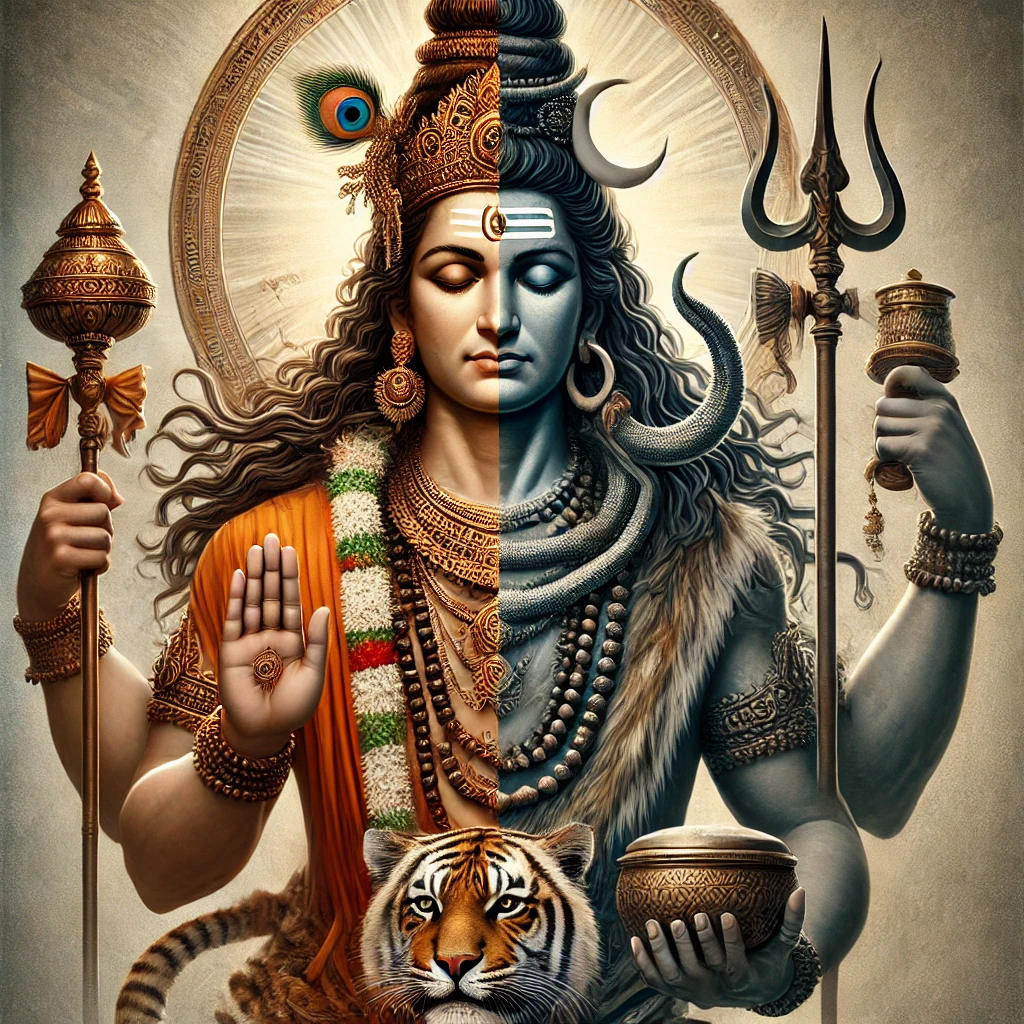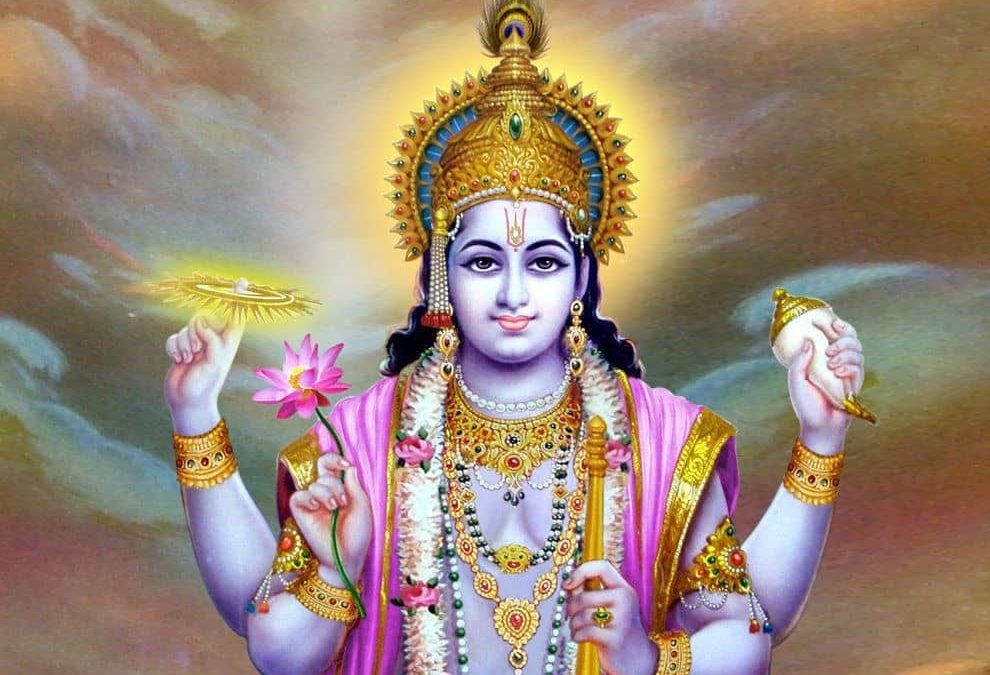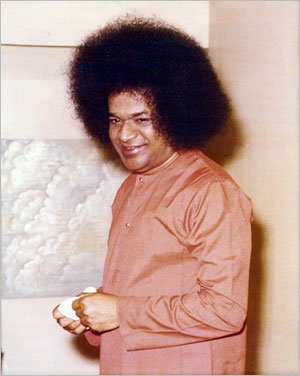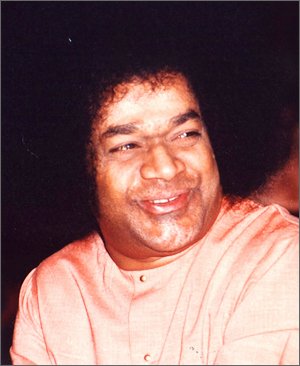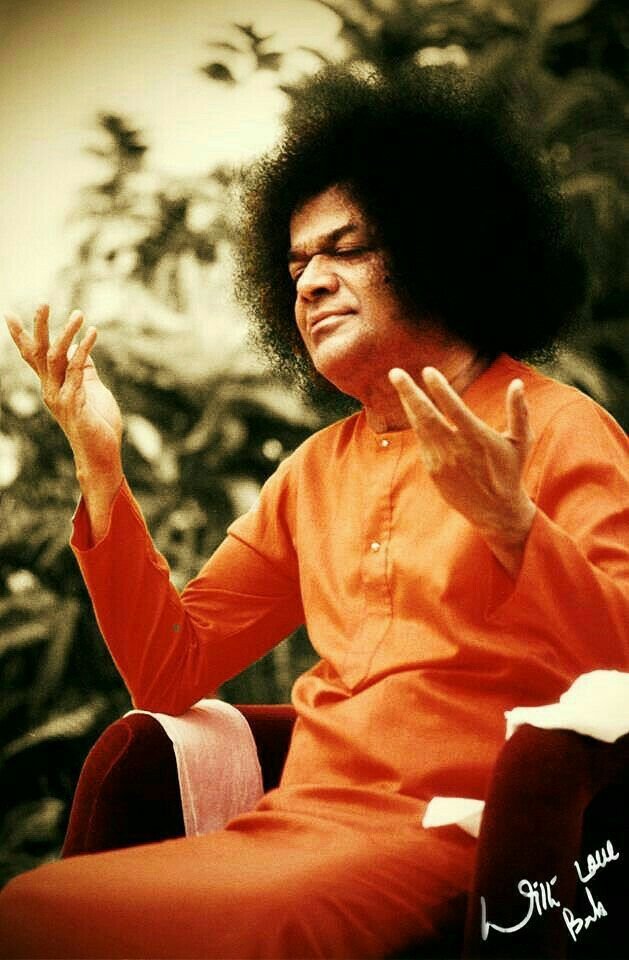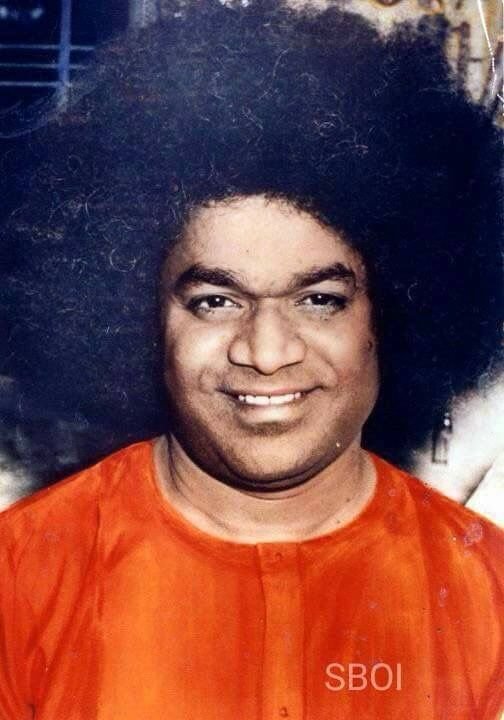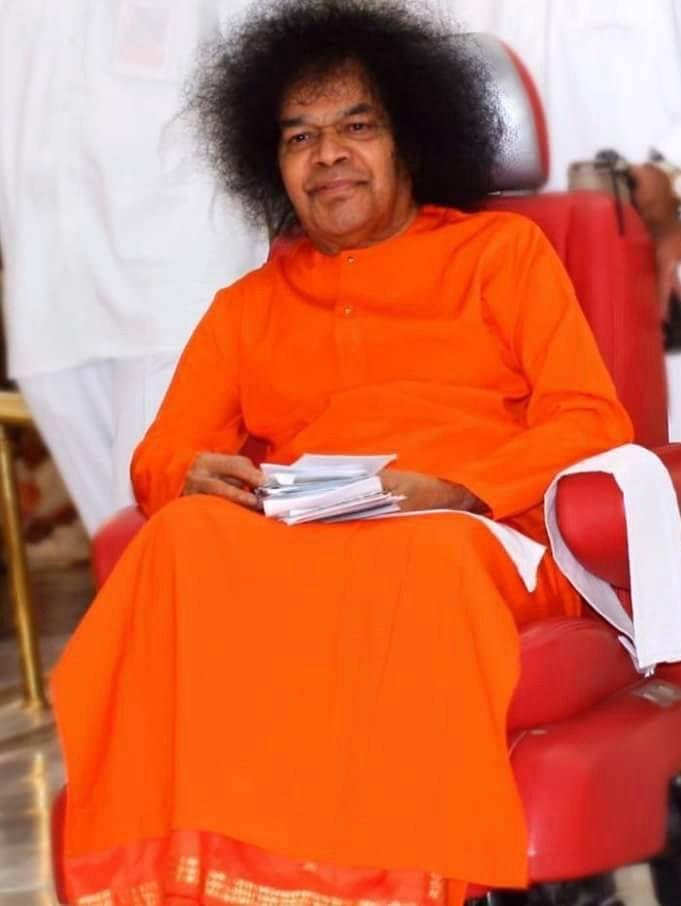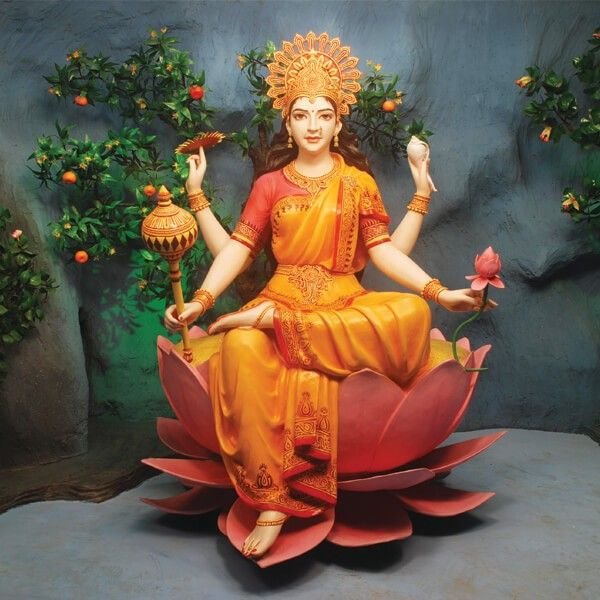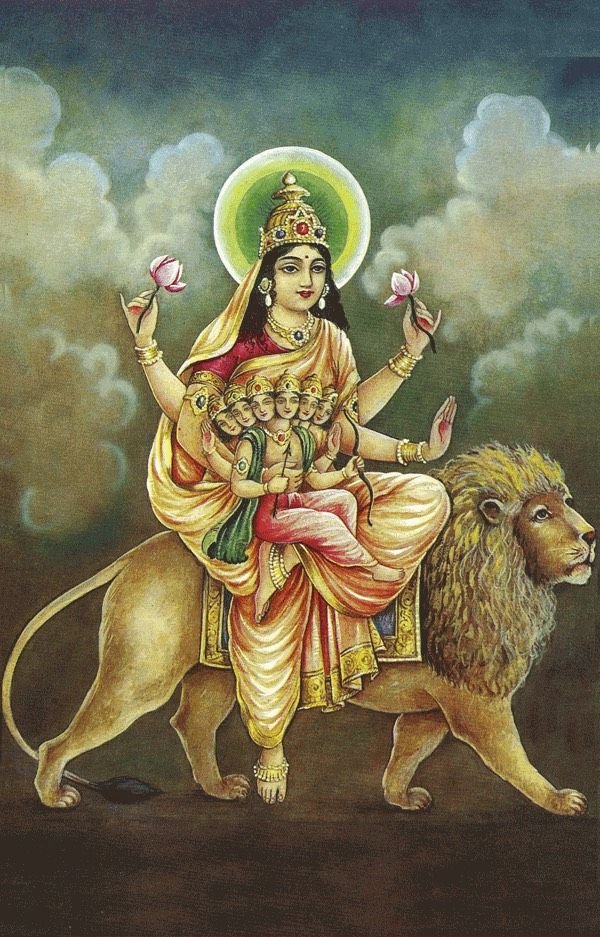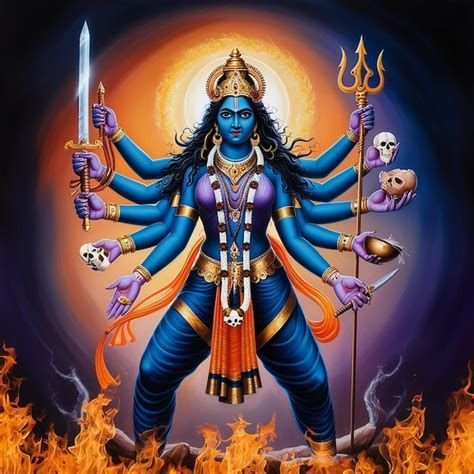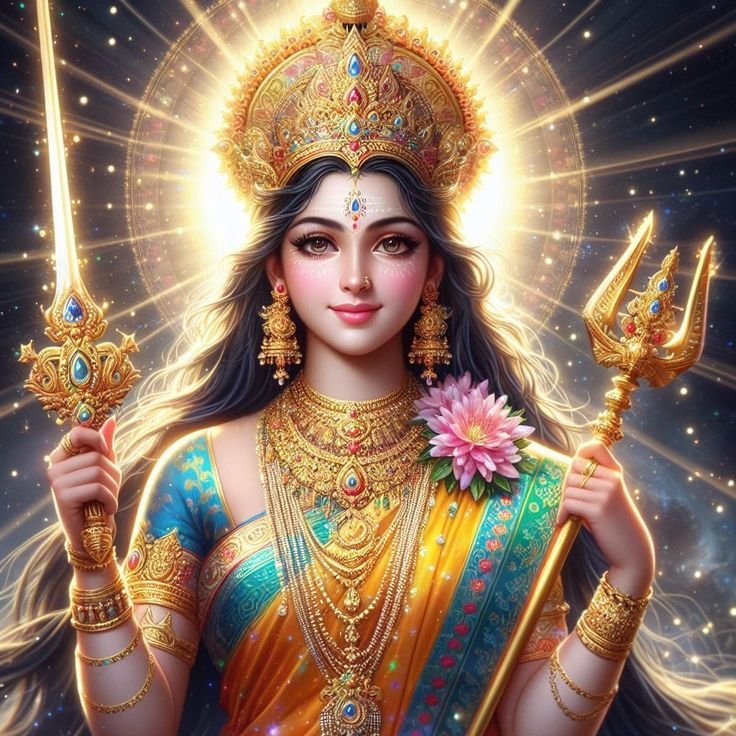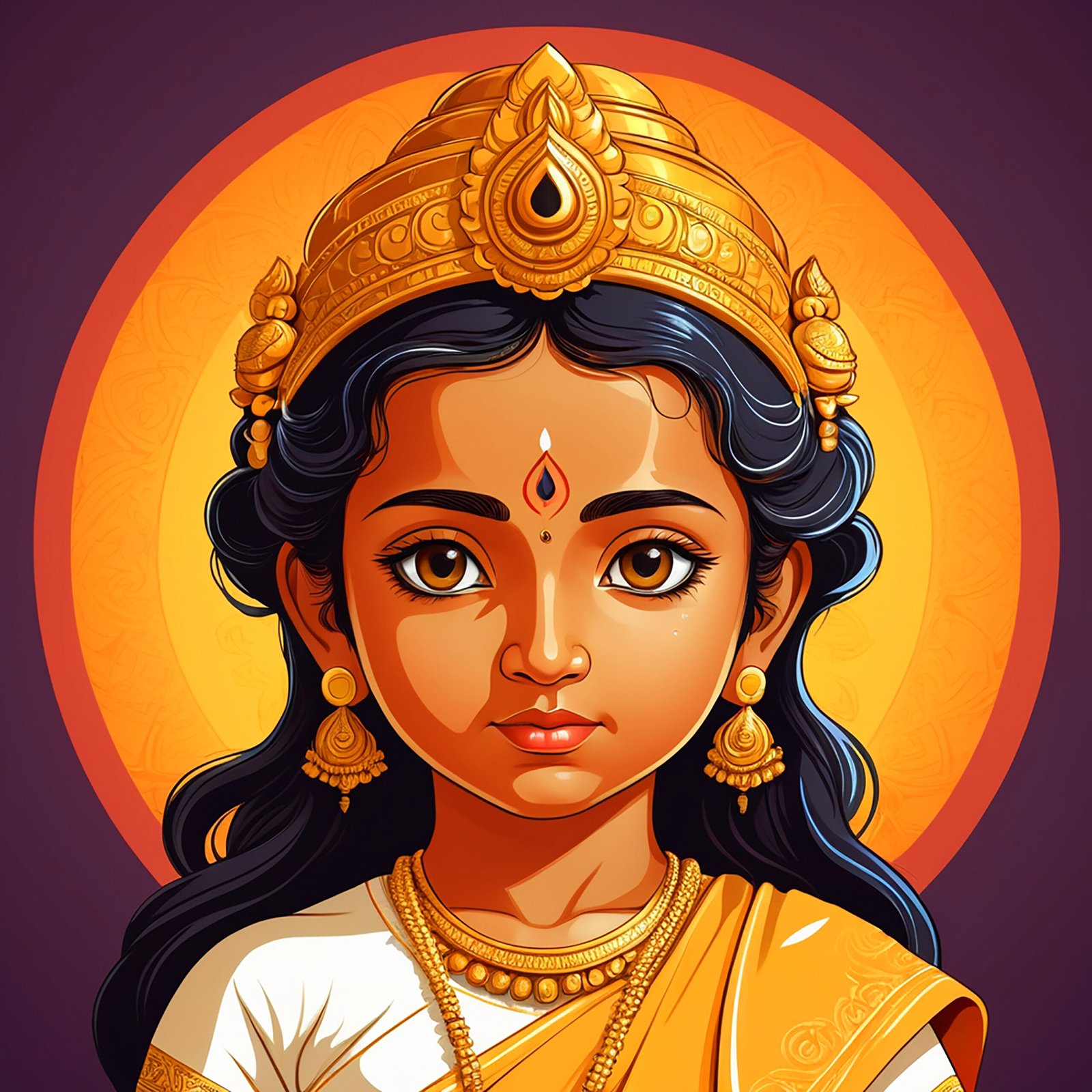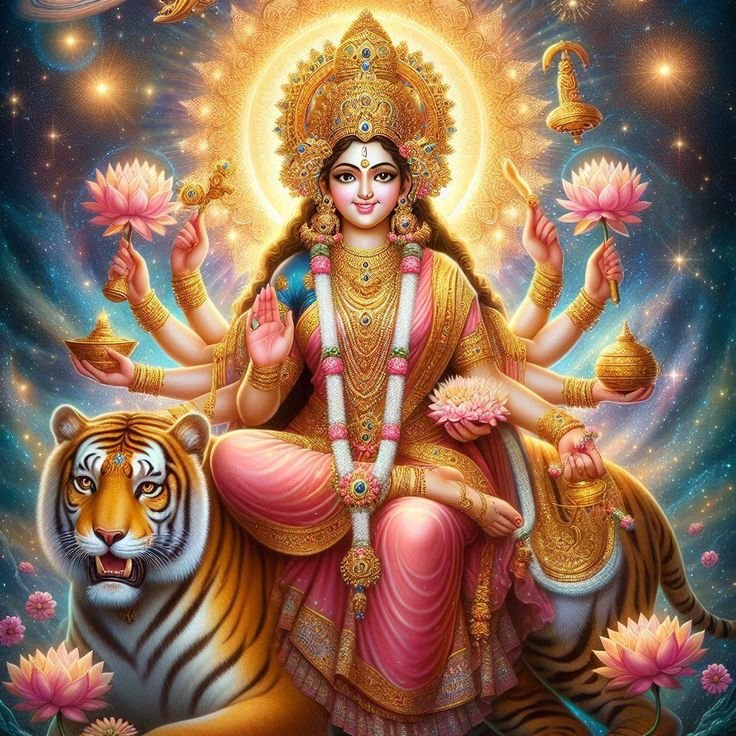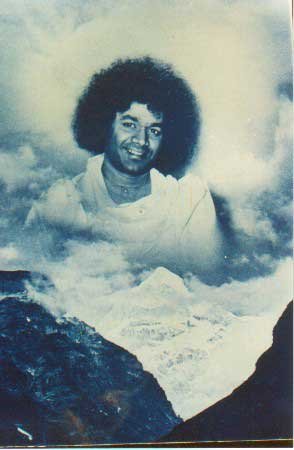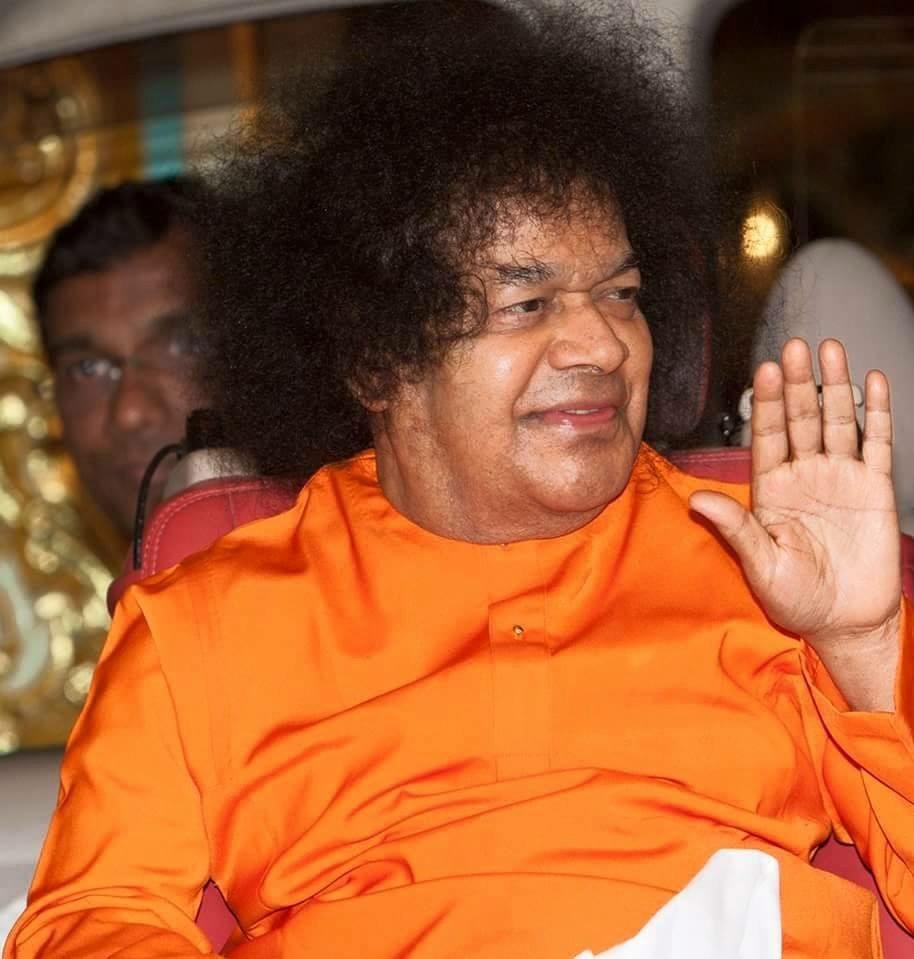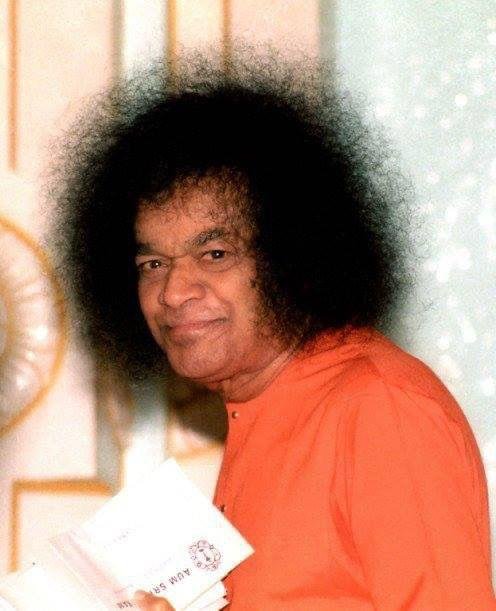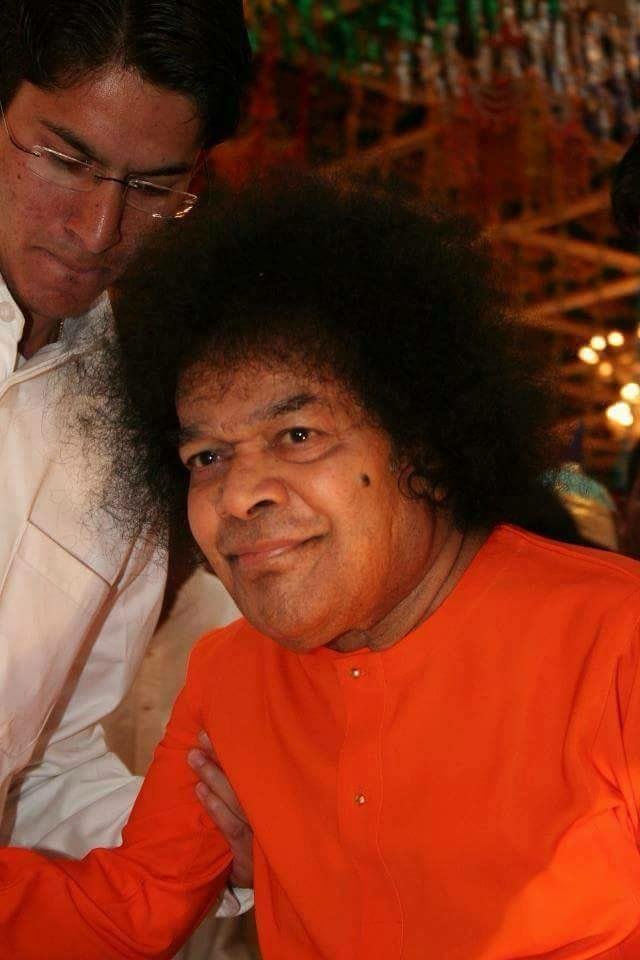
The location of the current Jwala Devi Temple is believed to be where Sati’s tongue is said to have fallen. Holy Flames or Jwala, which are constantly blazing, is a representation of the Tongue of Sati. Jwala Devi Temple is a singular and unparalleled place of worship. There is no idol or deity worshipped. Since ancient times, it has had a sequence of natural fires, known as Jyotis, which are considered the goddess’s sign. Jawala Ji is a fantastic heritage site for people all around the world, not just those in Jawala Mukhi, Kangra, or Himachal Pradesh. Every year during the Navaratra holiday, colourful fairs are held from March to April and from September to October.





Jwala Devi Temple Significance Today


The Jwala Devi Temple is an important spiritual place, attracting many visitors who come to see the amazing eternal flames that represent the power of Goddess Jwala. These flames burn without any fuel, bringing hope and blessings to those who worship here.
Besides its religious value, the temple also supports local culture through festivals and events that celebrate Hindu traditions. From March to April and September to October each year, vibrant fairs take place during the Navratri celebrations at Jwala Devi Temple.
It helps boost tourism in Himachal Pradesh, bringing in visitors looking for spiritual experiences. Today, the Jwala Devi Temple significance today is a shining symbol of faith, showcasing the rich traditions and devotion of the community.
Temple Timings
